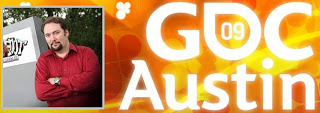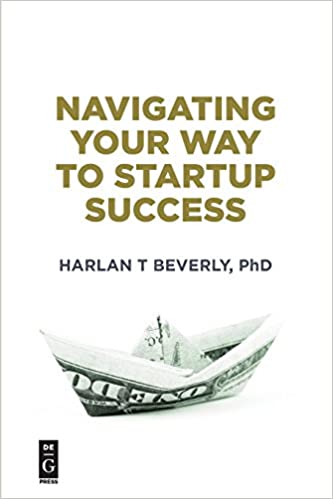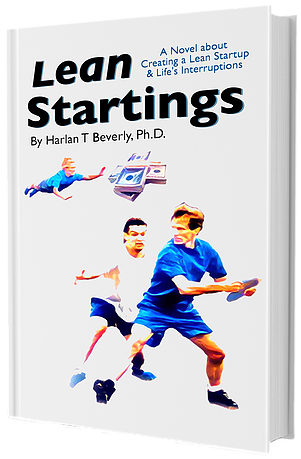This year I was delighted to be asked to put together a panel for the 2016 Austin Game Conference. It was a revival of an old conference that has been sorely missed in Austin. My Panel, “Why your game company can’t get funded” was highly attended, and I think (hope) highly rated. The slides are attached below.
However, one of the main reasons to participate in a conference isn’t to “preach” but to “learn”. I learned a lot by going to this year’s #AGC16, here are 8 things I learned about startups.
1. Games need funding. Not just game companies (which is what 3 of the 4 people on my panel talk about), but games themselves, small indy studios. I’m so glad I had Mike Wilson of Gambitious on the panel to talk about how he supports indy games. When I asked, almost the entire room was seeking funding for their game. That’s like over 200 people! Cool! Gambitious can help!
2. Companies that help games are fundable. There were several companies at AGC who were “supporting games”, and their business models are not hit-driven, since they make money when the game sells. I had previously listed one such company here, but took it down due to their request to NOT say their pricing. I’m disappointed at that, but have removed it to respect their wishes. That said, I cannot recommend a company that is going to be obtuse about pricing… so I will not be recommending that company.
3. Companies around games, get acquired. While at the show I stopped by the twitch booth, who was there? Curse. Apparently, Twitch bought Curse that week, really cool!
4. Big traction, even without great monetization, can lead to exits! See the above point about Curse being bought by Twitch. Twitch understands monetization, and Curse needed that help. Smart buy Twitch, smart!
5. Huge ideas, get funding in a big way. This was the first I was exposed to the company called MAGIC LEAP. They are hiring in Austin, and I’m intrigued! Some kind of stealth AR company, funded by Google, a $1B valuation. Yep! Big!
6. Great ideas need to be launched to become great. I ran into an old friend, and they had to take a break from their startup. As a result, their startup kinda stalled. Fortunately, they are back at it, but it reminded me: unless and until you launch, you aren’t really doing it. So DO IT! Launch!
7. Not every company should do a conference. There were a large number of booths with no point. Not hiring, not fundraising, and frankly, looking a little bored. If you are going to do a conference, have a reason!
8. A conference is a startup too! This one was a reboot of an old conference, but to me it really did feel like home. All the old-school folks, and a lot of the new folks too, all making new connections and renewing old ties. The venue was great, the A/V worked, and everything (especially the opening night party) was great. The only part that was missed (for me) was water for the speakers… Chris promises me they’ll fix that next year! All-in-all, a great start to a great conference, I hope it lasts for years to come!


